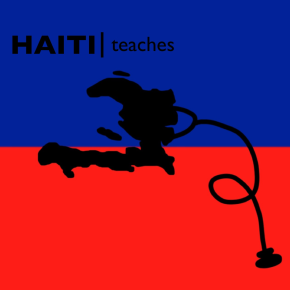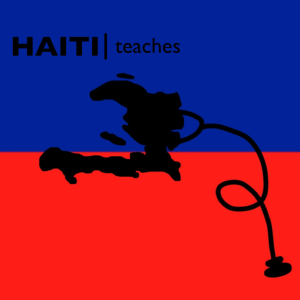 Let’s face it: practicing medicine overseas is pretty sexy. Whether it’s images of Angelina Jolie and Clive Owen in Cambodia, young French physicians working with Doctors Without Borders, or Paul Farmer in Russian prisons that make you think of international medicine, it all seems pretty cool. Oh yeah, we all have an altruistic motive in trying to help solve the perennial ills of tropical disease, unnecessary trauma and emergency cesarean sections, but there is something about the look on your friends’ faces when you tell them you’ve been living in a tukul for three months saving babies.
Let’s face it: practicing medicine overseas is pretty sexy. Whether it’s images of Angelina Jolie and Clive Owen in Cambodia, young French physicians working with Doctors Without Borders, or Paul Farmer in Russian prisons that make you think of international medicine, it all seems pretty cool. Oh yeah, we all have an altruistic motive in trying to help solve the perennial ills of tropical disease, unnecessary trauma and emergency cesarean sections, but there is something about the look on your friends’ faces when you tell them you’ve been living in a tukul for three months saving babies.
It is not inherently wrong to feel this way, but it is inaccurate. For most of you who have spent a significant amount of time overseas working, you realize that the moments of bliss do exist, but fall within a haystack of frustration, loneliness and crushing reality. Somehow, needless death, poverty, guilt and betrayal can do wonders to one’s previous romantic idealism.
When I left Haiti in October 2010, eight months after the earthquake and what felt like a decade older, I told myself I would never come back. Two weeks from now, I will be going back for the fourth time. The picture I painted in the previous paragraphs seems like a pretty dramatic dichotomy and, while it can be harsh, there is a real pleasure in the life you live as an expatriate in such a troubled and beautiful place.
Previously, I was an aid worker managing internally displaced persons camps in the earthquake-affected zone. This time I will be a medical student in rural Borgne, Haiti. As I prepare for my trip, I find myself wrestling with a lot of the same questions I had on my first big excursion as a Peace Corps Volunteer in South Africa years ago: Where and how can I be most of use? Is this escapade vain or humanist? Is there anything I can really achieve in two months?
As a first-year medical student, I know as much about a patient as I do about cars: I’ve spent some time around them, but can’t really tell you what’s going on. This is why I have decided to structure my visit so I can indulge in the training my Haitian superiors in the medical center will generously allow me on their time. I have accepted that I am getting more out of this situation than anyone else (which is why I cringe at the thought of the v-word). Because of this, the director of the organization H.O.P.E. Haiti and I have spoken a lot about my long-term commitment to the project.
H.O.P.E. Haiti has done everything right in its tenure as a community-based organization in rural Haiti over the past 15 years. It has worked hand-in-hand with the ministry of health to refurbish and manage the only hospital in the region, it has piggy-backed onto a peasant movement to structure a community health system, it has been in the country way before Haiti was sexy, and the director general is a Haitian-born anthropologist with an unshakable commitment to the Haitian people.
On the other side of the pond, the organization has been fast overtaken by the 21st century explosion of tech- and business-savvy non-governmental organizations. While it has a deep donor base in the US, the marketing, PR and fundraising machines that characterize so many other international organizations these days is forcing H.O.P.E. to reorganize to meet the needs of the work being done in Haiti.
This is where the new cadre comes in. My responsibility to this organization will exceed pretending I know how to treat cholera and taking pictures with some cute kids. As endeavors in international medicine continue to gain popularity among medical students, residents and physicians, there will be a choice that organizations will be forced to make: helicopter in some surgeons for a few hours and pray that nobody needs real post-operative care, or take the time to build institutions through long-term relationships.
So, as I make moves toward this summer, try to put together some trainings for the local staff and present myself humbly to the health care team as a lowly medical student, I will try to keep the vision of H.O.P.E. in mind.
Piti, piti, wazo fe nich li. / Little by little the bird builds its nest.
Haiti Teaches is a column that explores the opportunities, nuances and conflicts associated with time spent as a medical student in a foreign country. It follows a second-year medical student before, during and after his two months with a community development organization in Borgne, Haiti.

